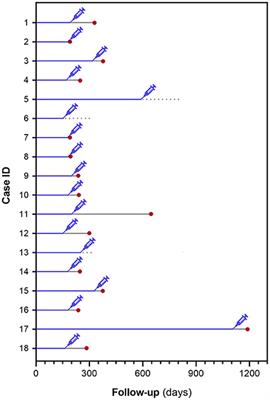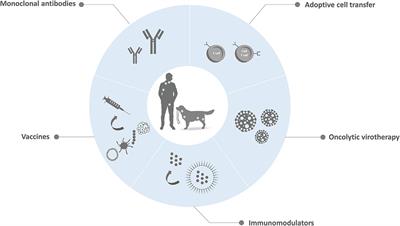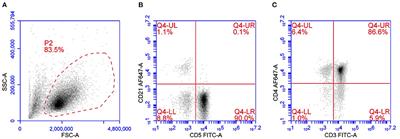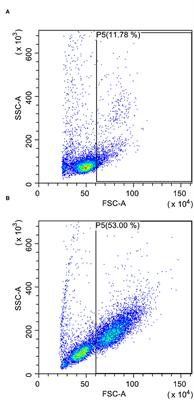ORIGINAL RESEARCH
Published on 07 Dec 2021
A Retrospective Analysis: Autologous Peripheral Blood Hematopoietic Stem Cell Transplant Combined With Adoptive T-Cell Therapy for the Treatment of High-Grade B-Cell Lymphoma in Ten Dogs
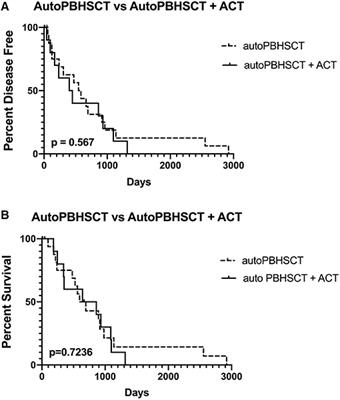
doi 10.3389/fvets.2021.787373
- 2,896 views
- 5 citations
